George Washington’s Church Removing Plaque Honoring Him: Want ‘Welcoming’ Worship Space
Christ Church in Alexandria, Virginia, where George Washington worshiped and served as a vestryman, announced plans this week to remove a plaque honoring its most famous congregant and the nation’s first president.
In a letter to parishioners, the vestry for the Episcopal congregation explained it had spent the month of September conducting listening sessions and communicating with members through emails and phone calls before coming to the unanimous decision.
“Many in our congregation feel a strong need for the church to stand clearly on the side of ‘All are welcome — no exceptions,’” the letter explained.
“Because the sanctuary is a worship space, not a museum, there is no appropriate way to inform visitors about the history of the plaques or to provide additional context except for the in-person tours provided by our docents.”
TRENDING: Mattis Puts North Korea on Notice, Warns Kim Jong Un He’s No Match for US – ‘Make No Mistake’
The leaders recounted that the plaque was placed in 1870 at the same time one for Confederate Gen. Robert E. Lee was added in the sanctuary.
The church recognized Washington and Lee lived in different times and were, “like all of us, a child of God,” nonetheless, “Today, the legacy of slavery and of the Confederacy is understood differently than it was in 1870.”
“For some, Lee symbolizes the attempt to overthrow the Union and to preserve slavery. Today our country is trying once again to come to grips with the history of slavery and the subsequent disenfranchisement of people of color,” the vestry said.
The leaders promised the plaques would not be destroyed or placed in storage, “Rather, they will remain in the church until they can be relocated to a place of respectful prominence where they will be fully visible to parishioners and tourists alike.”
“And ultimately, they will be incorporated into a more complete presentation of our long and many-faceted history,” they stated.
While Washington was a slave holder his entire life, he appeared to grow increasingly awarethat the institution was wrong and needed to end.
In response to a letter from the Marquis de La Fayette after the Revolutionary War in 1786 asking why the slaves could not be freed, the former commander in chief of the Continental Army wrote, “Would to God a like spirit (to liberate the slaves) would diffuse itself generally into the minds of the people of this country; but I despair seeing it.”
Washington noted that bills had been introduced in the Virginia legislature, but they could barely get a reading.
The retired general felt that if all the slaves were set free at once a chaotic situation would be created, leading to “much inconvenience and mischief” (probably referring to homelessness, poverty, and crime due to the newly released slaves’ dire circumstances).
Instead, Washington believed that a gradual plan, like those implemented in northern states, would best allow the former slaves to assimilate into society.
That same year, Washington also wrote Pennsylvania legislator and signer of the Declaration of Independence Robert Morris, stating, “There is not a man living who wishes more sincerely than I do, to see a plan adopted for the abolition of it; but there is only one effectual mode by which it can be accomplished, and that by Legislative authority; and this as far as my suffrage is concerned will never be wanting.”
Following the war, Washington decided never to purchase a slave again. Then, the general concluded that the whole idea of marketing human beings was wrong and chose not to sell slaves anymore. This resolve cost him in later life, as the slave families on his plantation grew in numbers beyond what the plantation could support.
In his will, Washington freed his slaves, and he included provisions in the will for those who wanted to learn a trade and those who were infirm or too old to work.
In August, following the riots in Charlottesville surrounding the removal of a statue of Lee, President Donald Trump questioned whether calls to remove Washington statues would soon follow.
“This week it’s Robert E. Lee,” he said, according to The Hill. “I noticed that Stonewall Jackson is coming down. I wonder is it George Washington next week and is it Thomas Jefferson the week after? You know, you really do have to ask yourself, where does it stop?”
What do you think?
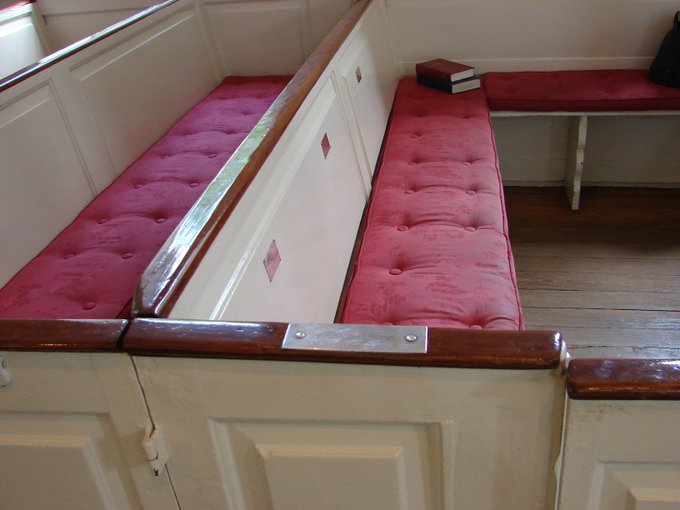
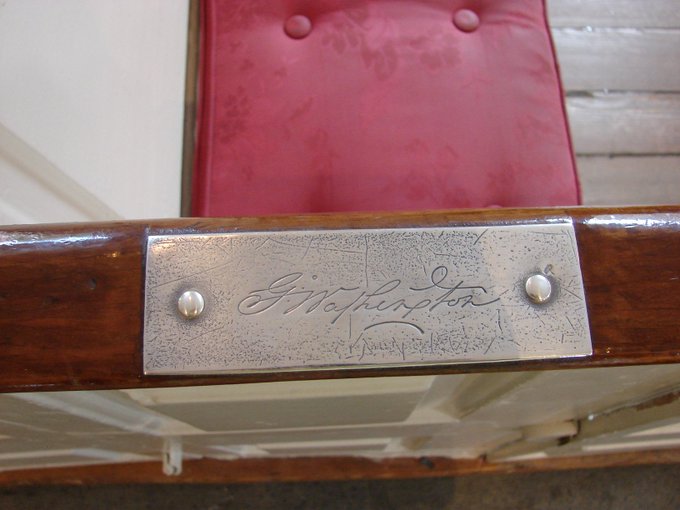
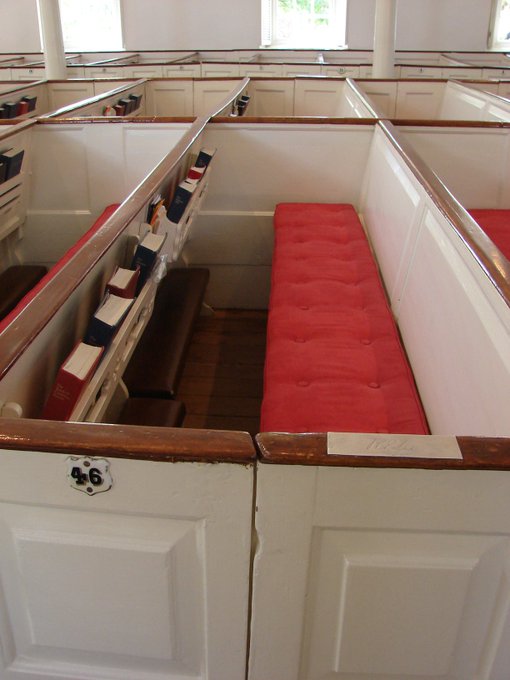
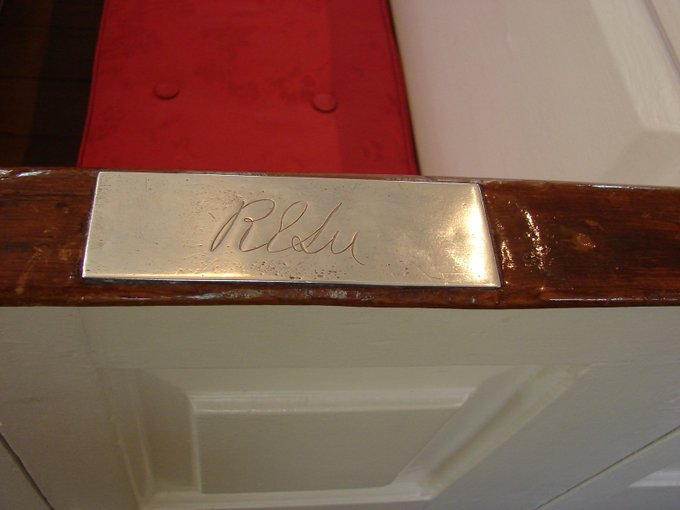
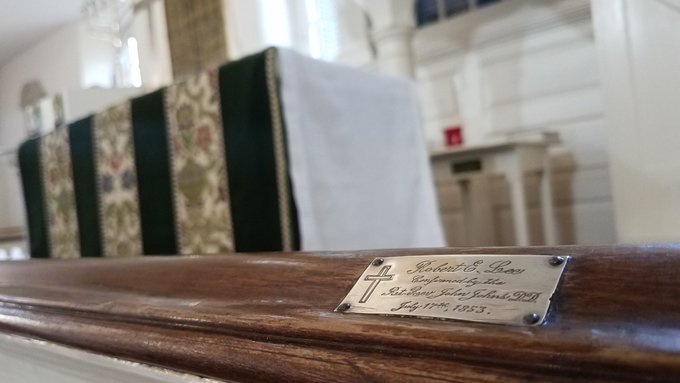
No comments:
Post a Comment
Thanks for commenting. Your comments are needed for helping to improve the discussion.